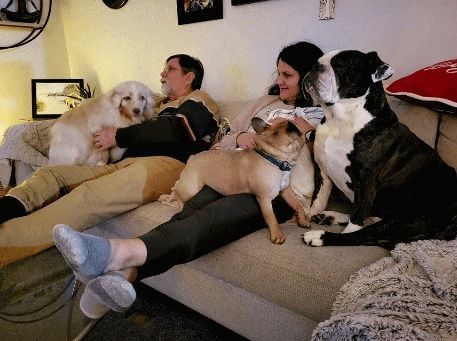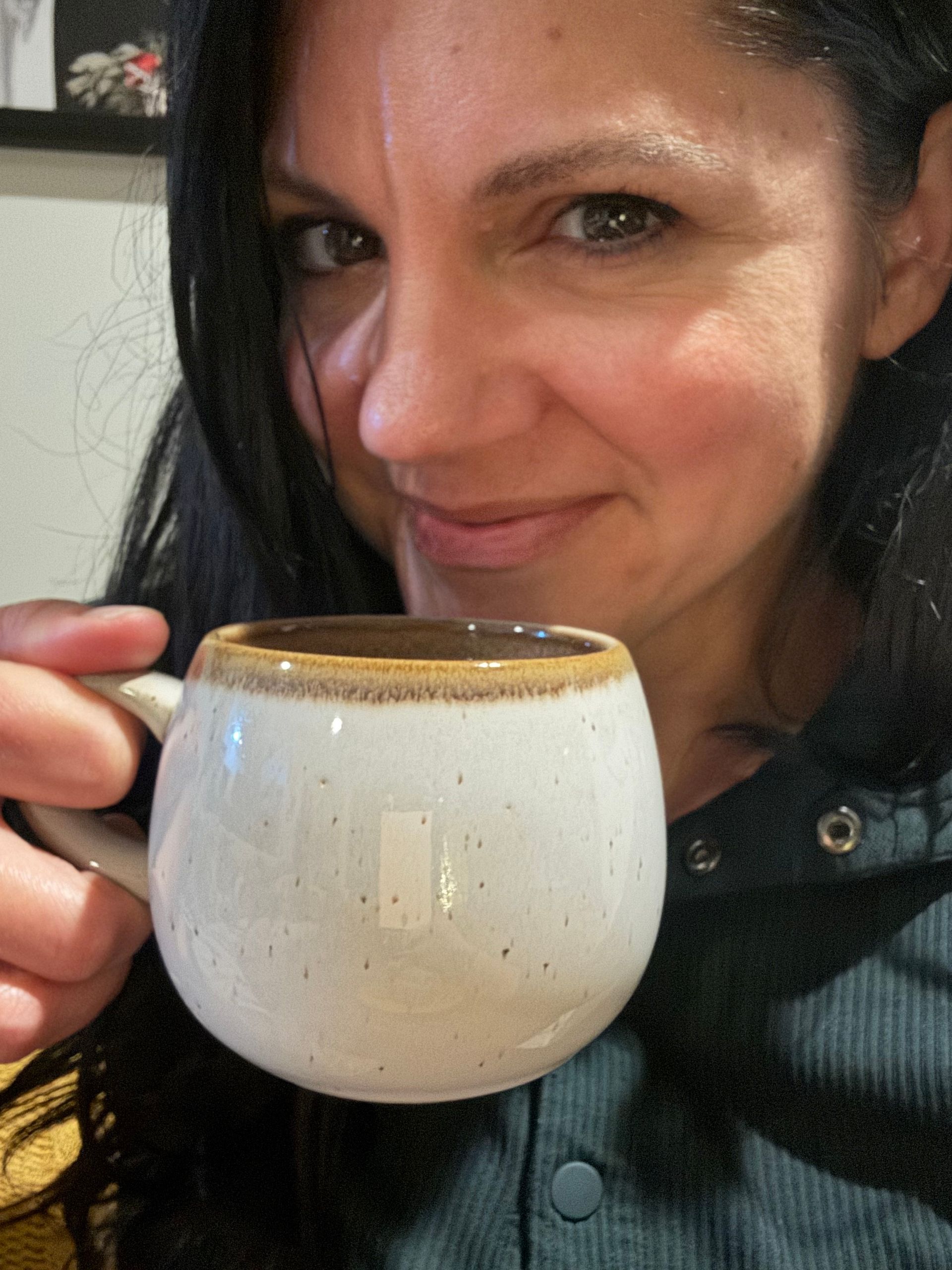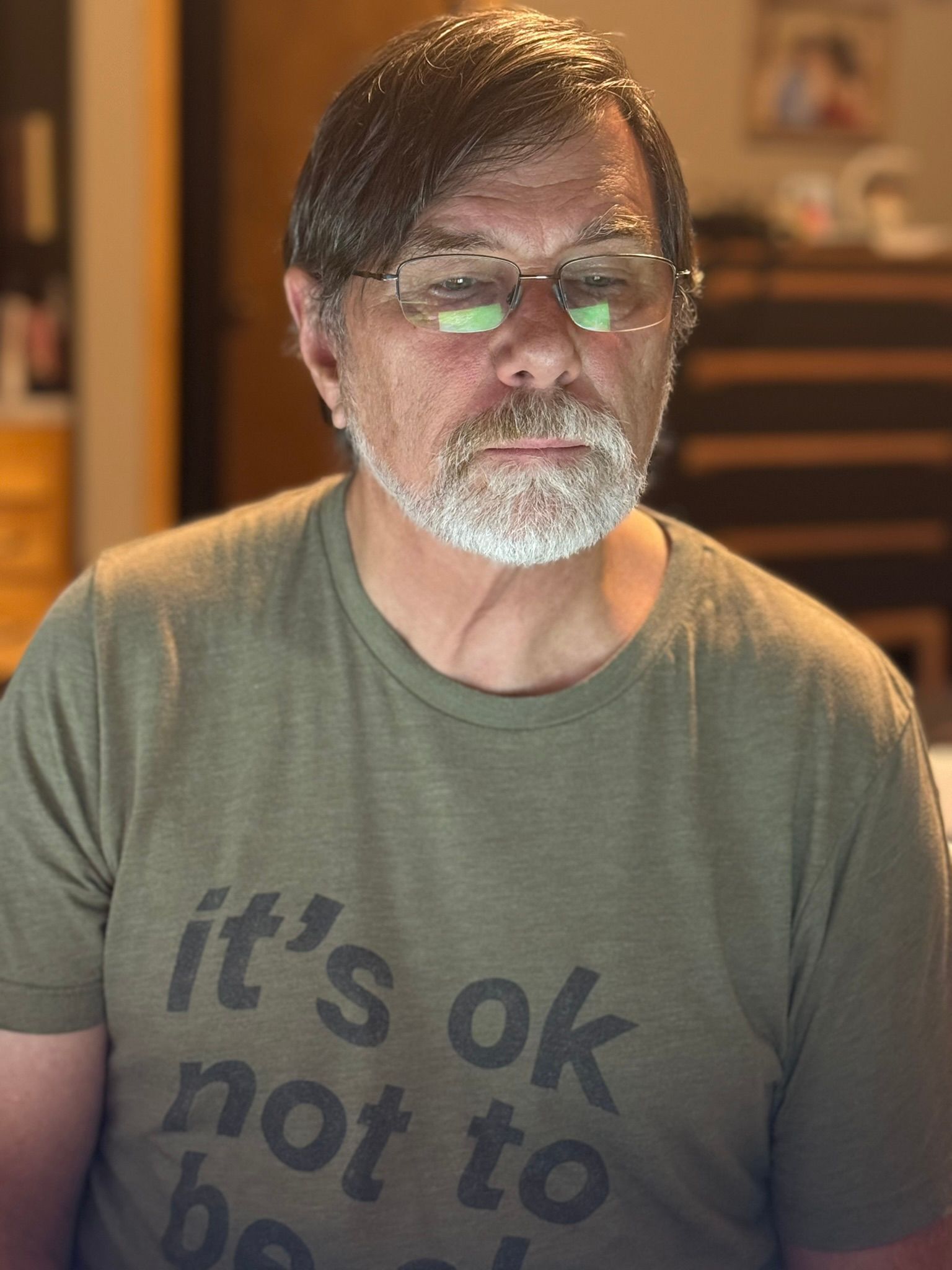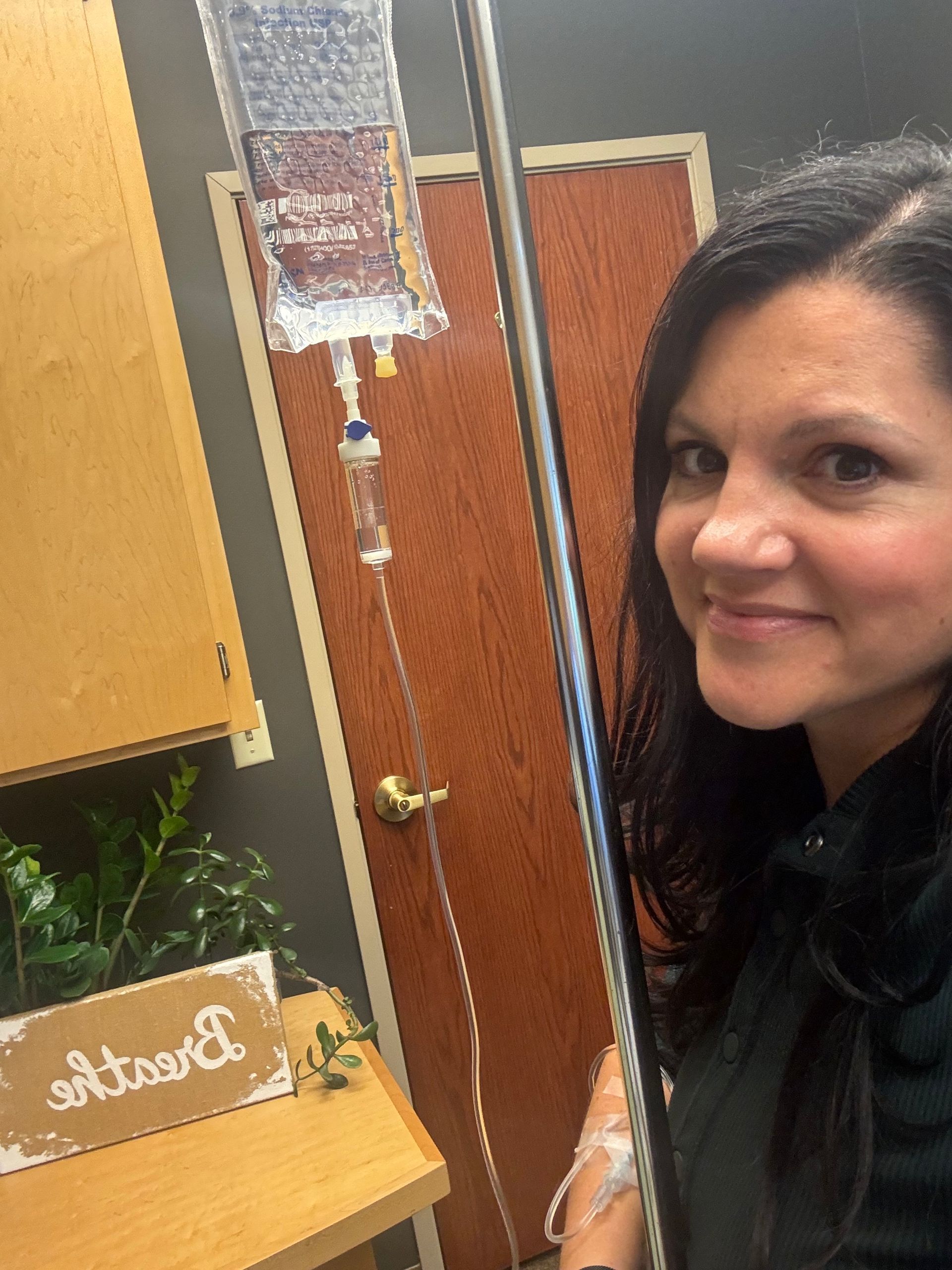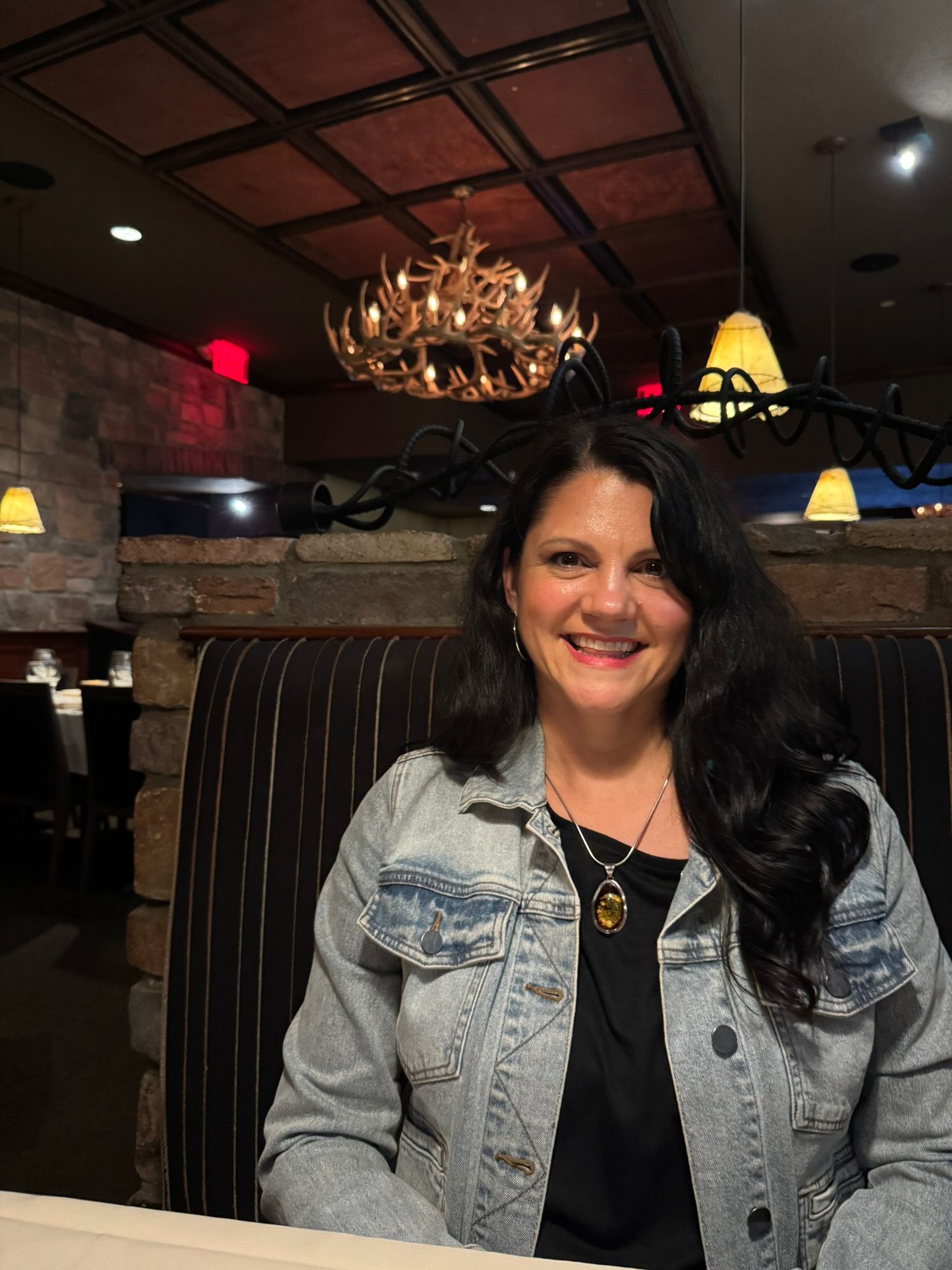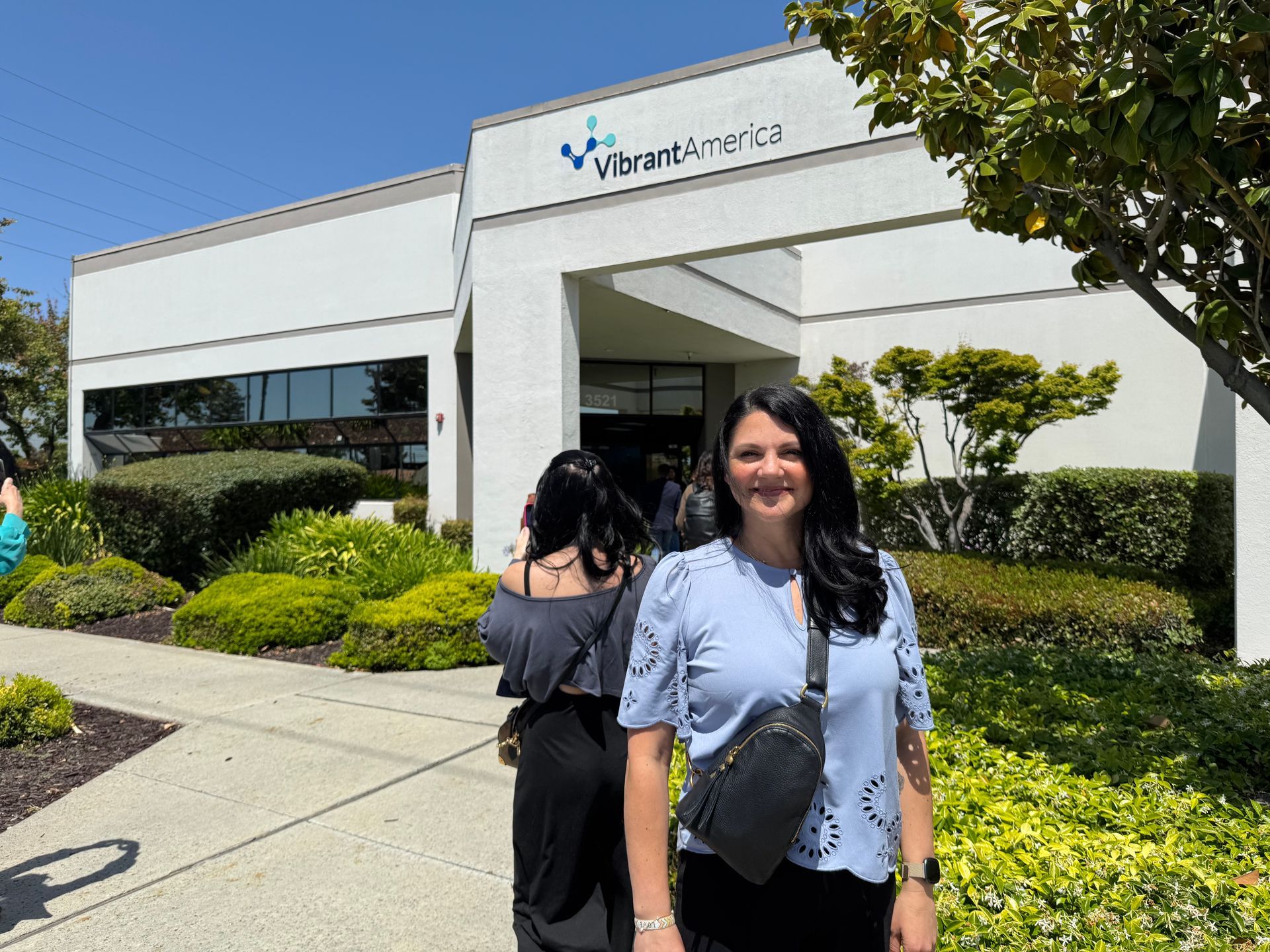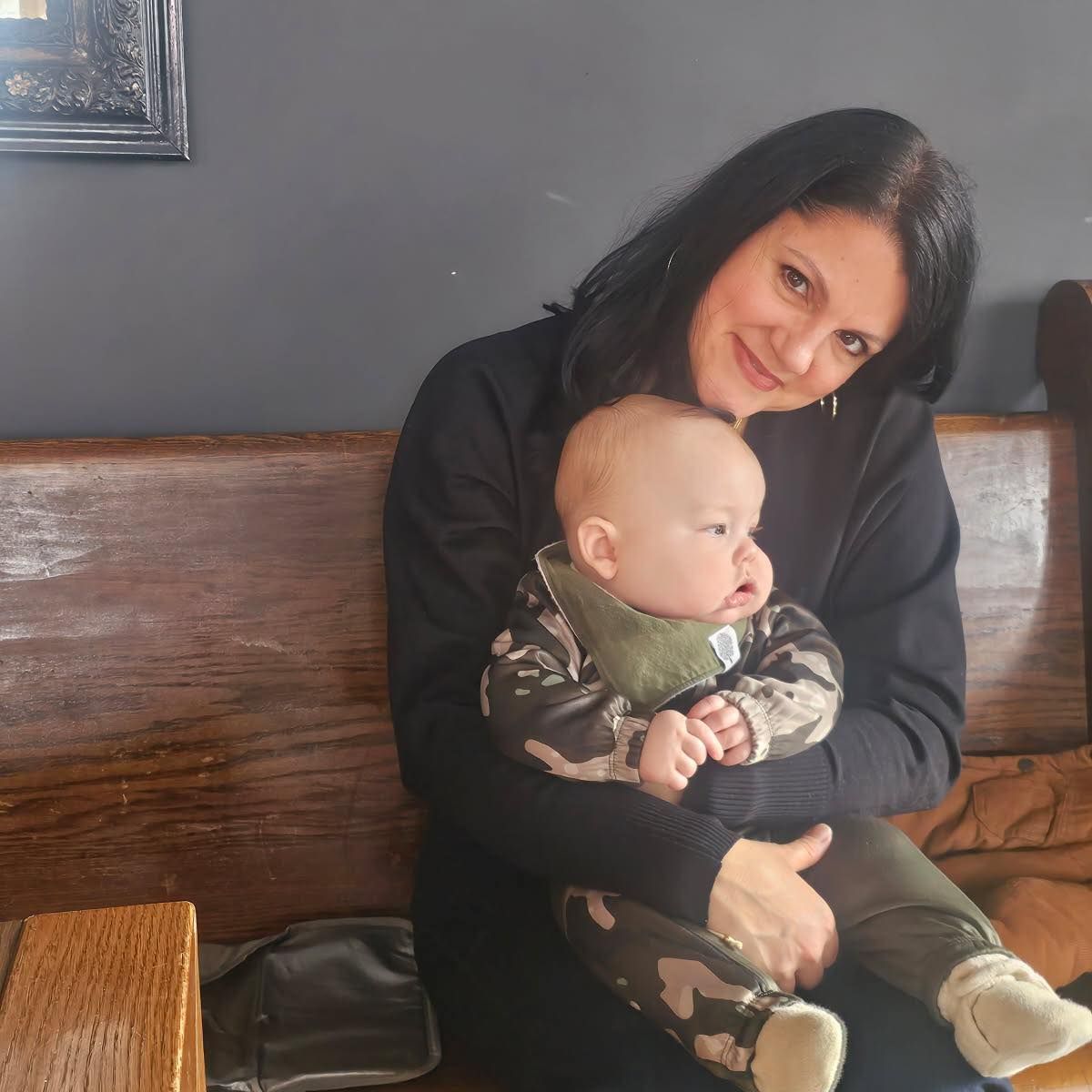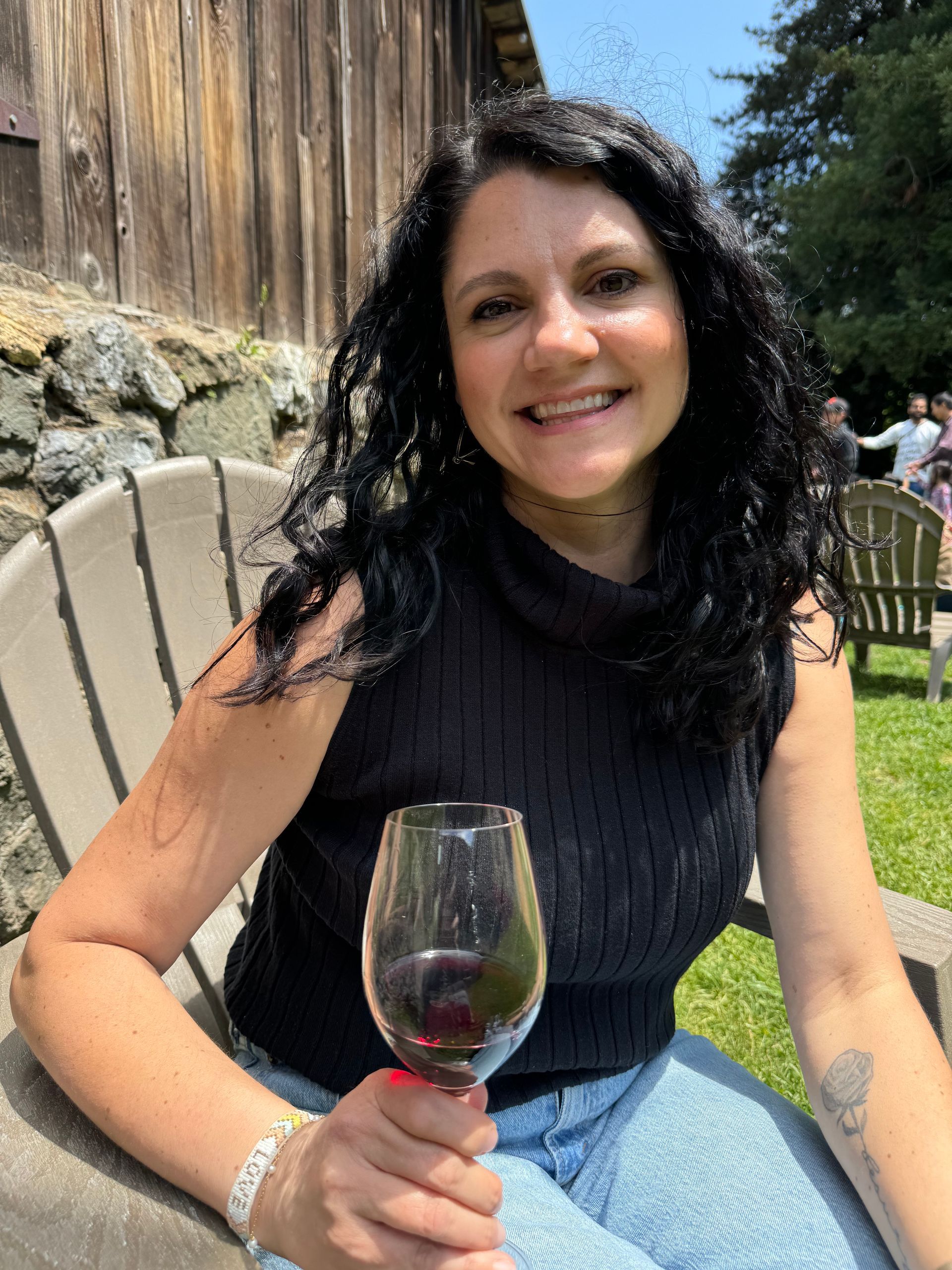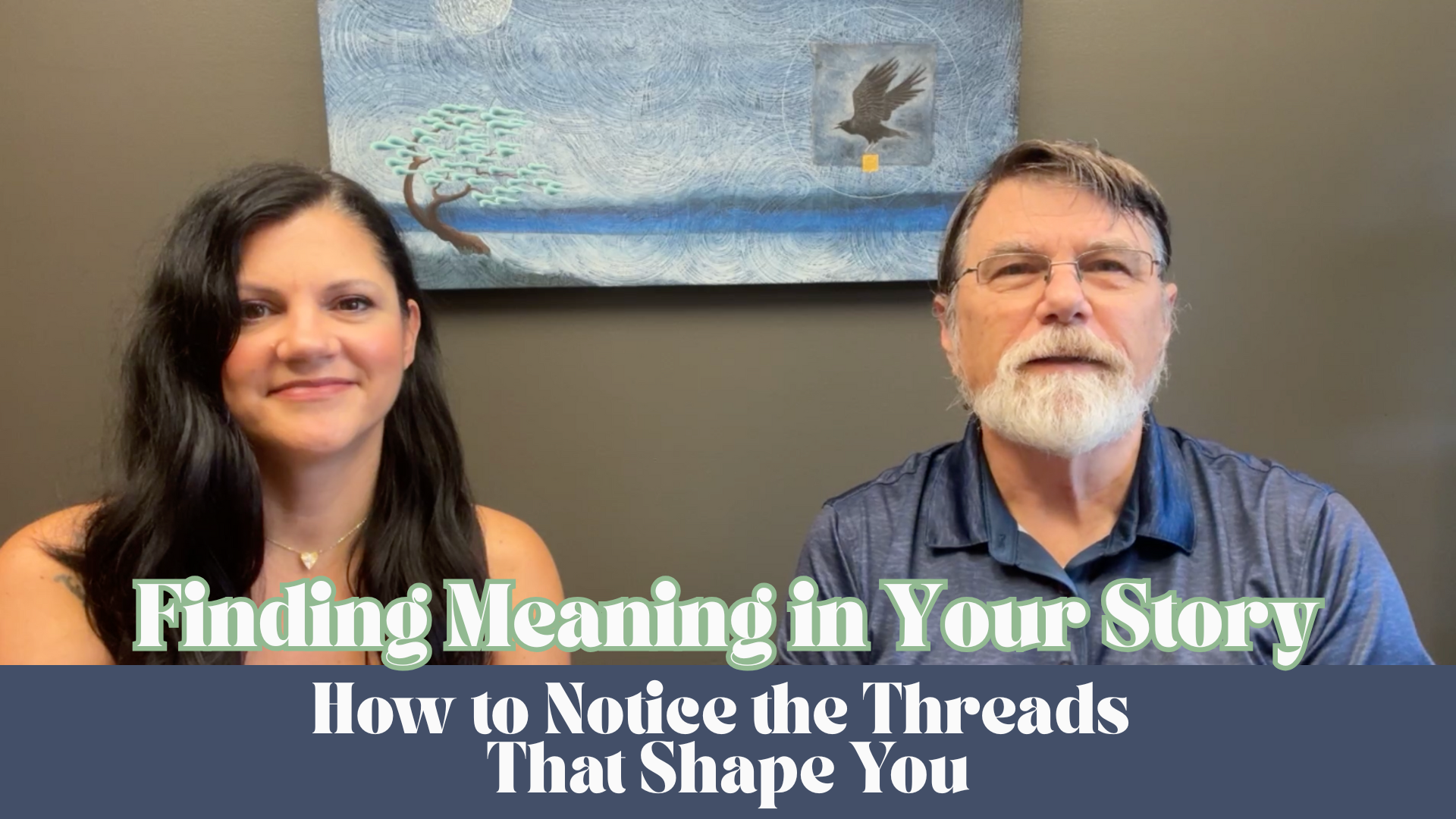Born Divergent
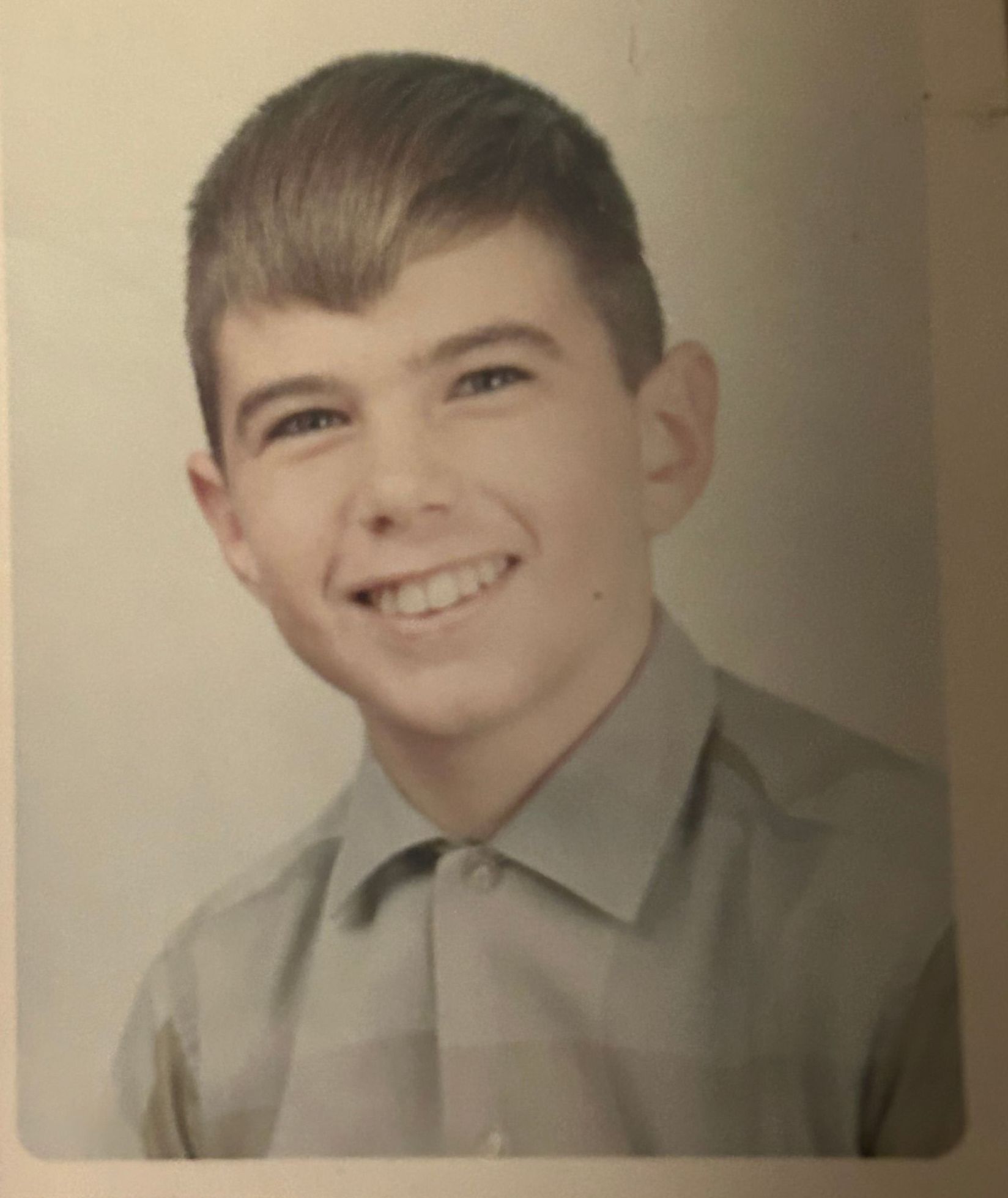
I was born the fourth of five children, an Air Force brat. By early school years, it was clear I was not typical. Reading was hard. Math and science were great. History, not so much.
I like to think that I was so good in third grade that I was invited back. My second stint in third grade was at a special school. Most of the kids there had “behavioral” problems. I extended my vocabulary those years, mostly with four-letter words.
I was diagnosed with Dyslexia.
Dyslexia is a common learning disability that affects a person's ability to read, spell, and write. It is neurobiological in origin, meaning it stems from differences in how the brain processes language. Individuals with dyslexia often have difficulties with accurate and fluent word recognition, spelling, and decoding abilities. These challenges are typically unexpected in relation to other cognitive abilities and the provision of effective classroom instruction. People with Dyslexia are in the group of Neurodivergent, as apposed to most of you who are Neurotypical.
“Many people with dyslexia truly suffer, and their lives are worse off for having had that disability.”
~Malcolm Gladwell
I was out of Special Education and back in mainstream fourth grade classrooms. The teacher was holding up a magazine and asking if anyone had seen it before. I raised my hand because it was used in my special education classes. He asked me to name it. It was written clearly as day on the cover. I said High Life… It was High Light. Laughter ensued.
That evening, on the bus home, a kid from my class stood up to tell everyone, “This guy can't even read.”
“I didn't read a book until I was 31 years old when I was diagnosed with dyslexia. Books terrified me. They made me nervous. Now I know you can travel to the bottom of the ocean or to outer space or anywhere in between without leaving your armchair, and I'm so, so sorry I couldn't read when I was younger.” ~Henry Winkler
In seventh grade, I was in the required Typing class, yes typing, not keyboarding. At the end of the first semester the teacher called me up to his desk. He told me he could see me trying, he was giving me a C even though I had earned a D.
"I was diagnosed with dyslexia - I struggled a lot in school and didn't enjoy it. I'm not great when it comes to sitting in a classroom - I'm much more about doing things. Boxing massively helped with that frustration and anger.” ~Luke Campbell
I really did not like school until college. I love college with a few exceptions. One day in class, the professor returned papers. The room was generally silent. As he approached me, he said, “I really enjoyed your paper”. Of course, that was a thrill, and as you might expect, I suddenly had delusions of an A. Not so, a C. After class, I asked him about it he said there were too many misspelled words. I “learned” that day that spelling was more important than ideas. Something that took me years to unravel. You can look at my report cards and see when I had a girlfriend and when I was between. These were the days before spell check.
“You can be extremely bright and still have dyslexia. You just have to understand how you learn and how you process information. When you know that, you can overcome a lot of the obstacles that come with dyslexia.” ~Tim Tebow
For most of my life, despite counseling and meditation, I have been prone to sudden explosive bursts of anger. These episodes come on when I am stressed, there is too much sensory stimulation, or I am feeling other strong negative emotions. These are often called meltdowns. They feel entirely out of my control. Like “blind rage.” They leave me feeling small, defeated, and worthless.
Not long ago I was listening to a radio show about Adult Autistic Spectrum Disorder (Adult ASD). One of the people described how she had to carefully control the radio and environment when she was driving with her kids. She was prone to get overwhelmed and having one of these meltdowns.
I have been treating ASD as a physician for years. I have seen kids go from being nonverbal and un-potty trained to going to college. I never once thought of myself as “On the Spectrum,” yet this radio show started me thinking. I took a screening test.
“My two little twin brothers have autism, so I grew up around it and misunderstood it for a long time.”
~Lakeith Stanfield
I have Dyslexia, and am an introvert. I thought I got frustrated and had my meltdowns. But there are different from being frustrated. They come over me. They are not of my volition; they are controlling me. I have spent some time trying to get my head around this new diagnosis. I have read deeply about these meltdowns.
“Think of it like this…you are crossing the road and you see an out-of-control car careening towards you. It would be ridiculous for a person to tell us to calm down, or to expect us to chat, while they are in imminent danger of being hit. We have one thing only to do at this point, we have only one focus: get out of the way of that car.”
“The straw that breaks our back (final trigger) may not seem to make sense. It may seem small to an outsider, but to us, it is that one drop in the bucket that makes it completely overflow.”
~Meltdowns & shutdowns | Embrace Autism
Not an excuse, a reason. These meltdowns are not pleasant. They are draining, belittling, and shameful to me. They are probably worse for those who witness them or are the unintended target of them. They are mine, and mine alone. But now I have a better handle on what is causing these things. Things like crowded, noisy spaces. Sensory overload. Strong emotions.
“Normal people have an incredible lack of empathy. They have good emotional empathy, but they don't have much empathy for the autistic kid who is screaming at the baseball game because he can't stand the sensory overload. Or the autistic kid having a meltdown in the school cafeteria because there's too much stimulation.” ~Temple Grandin
When one of these meltdowns occurs I am the villain. I have caused a great evil. In my mind it's like blaming the patient for his seizure, or heart attack, or cancer. I don’t like it either.
“Let's get into talking about how autism is similar animal behavior. The thing is I don't think in a language, and animals don't think in a language. It's sensory based thinking, thinking in pictures, thinking in smells, thinking in touches. It's putting these sensory based memories into categories.” ~Temple Grandin
There is a positive side to Adult ASD. I have a rare and intense ability to concentrate. My family will tell you if I am studying something, a bomb could go off next to me, and I would not notice. Mostly they tell me that not as a compliment. I easily find connections between things that seem unrelated. This allows for unique solutions to complex problems.
“Mild autism can give you a genius like Einstein. If you have severe autism, you could remain nonverbal. You don't want people to be on the severe end of the spectrum. But if you got rid of all the autism genetics, you wouldn't have science or art. All you would have is a bunch of social 'yak yaks.'”
~Temple Grandin
I am Neurodivergent with both Dyslexia and Adult ASD. But I see it as my advantage. It gives me empathy for those who are suffering. It helps me solve some of my patients' most complex problems. For that, I am grateful.
“Autism is part of who I am.”
~Temple Grandin
-Dr. Sult


